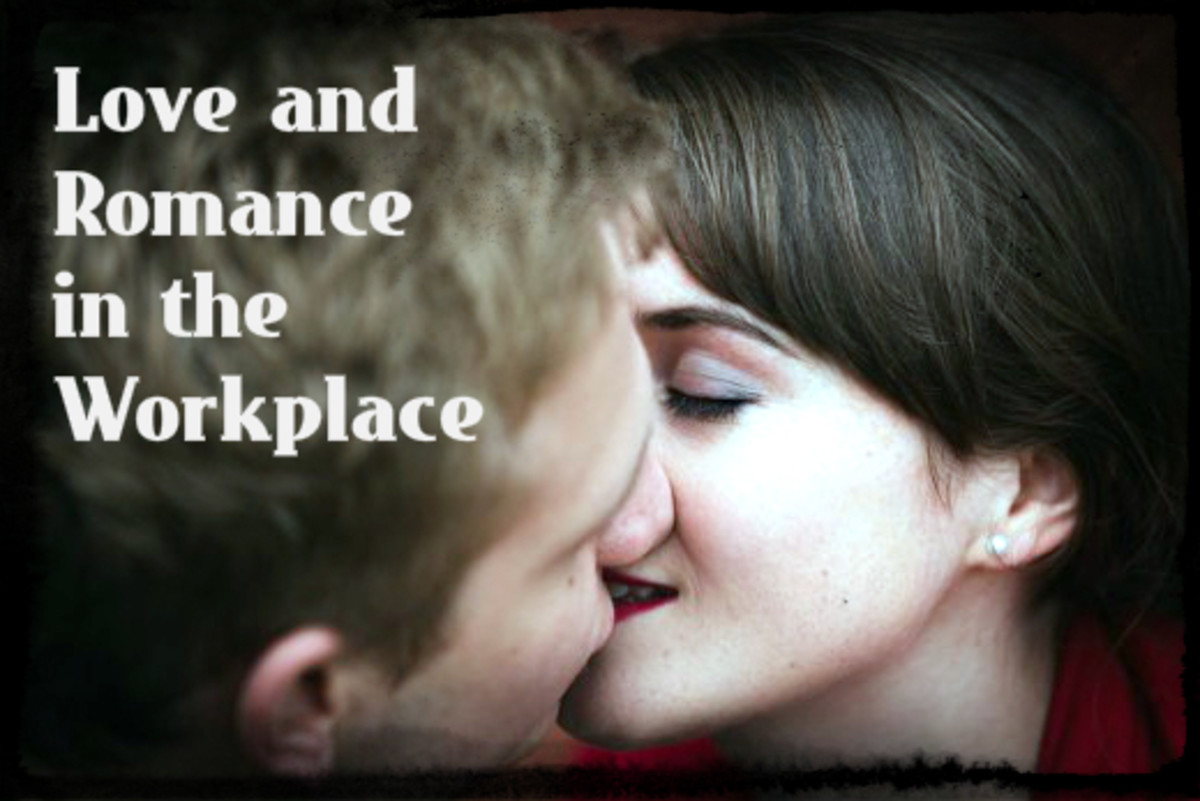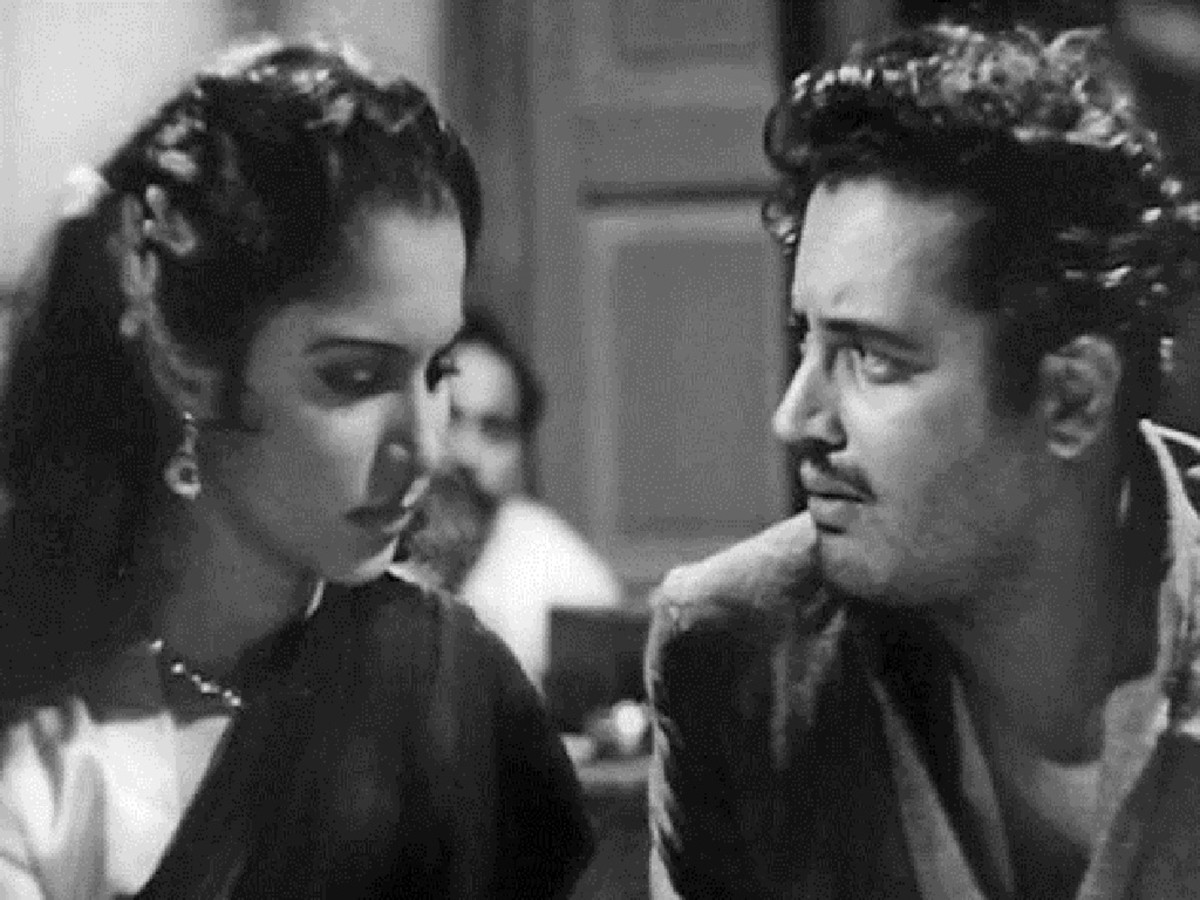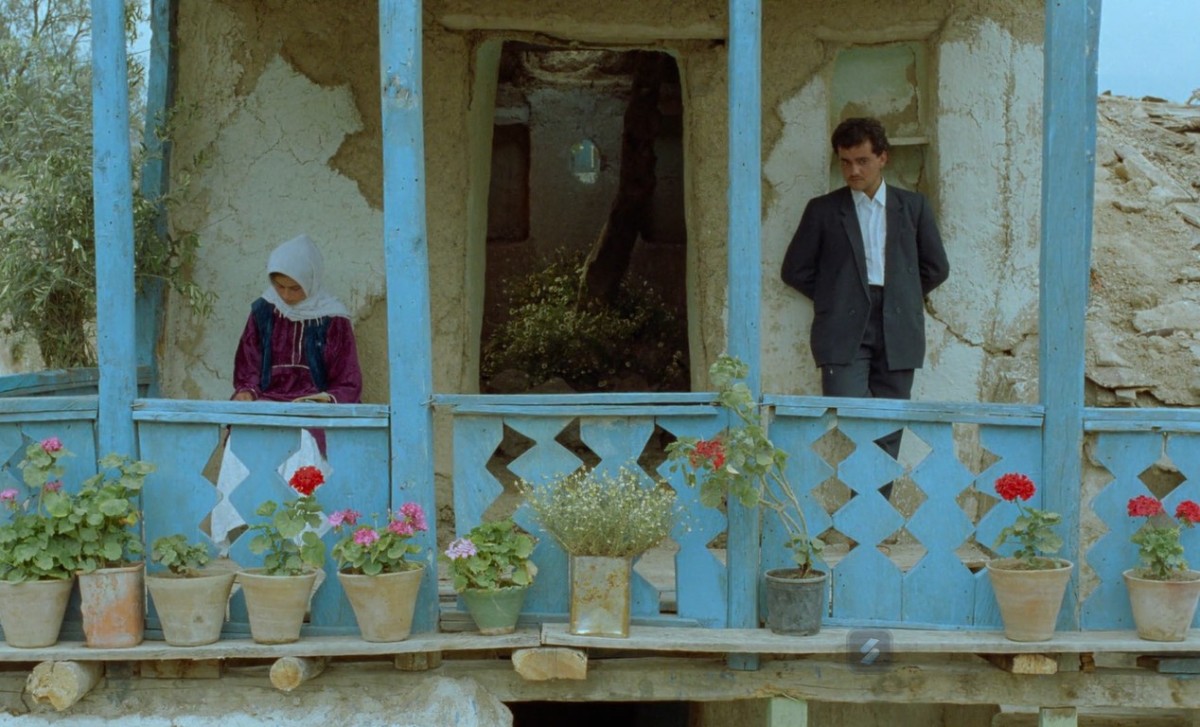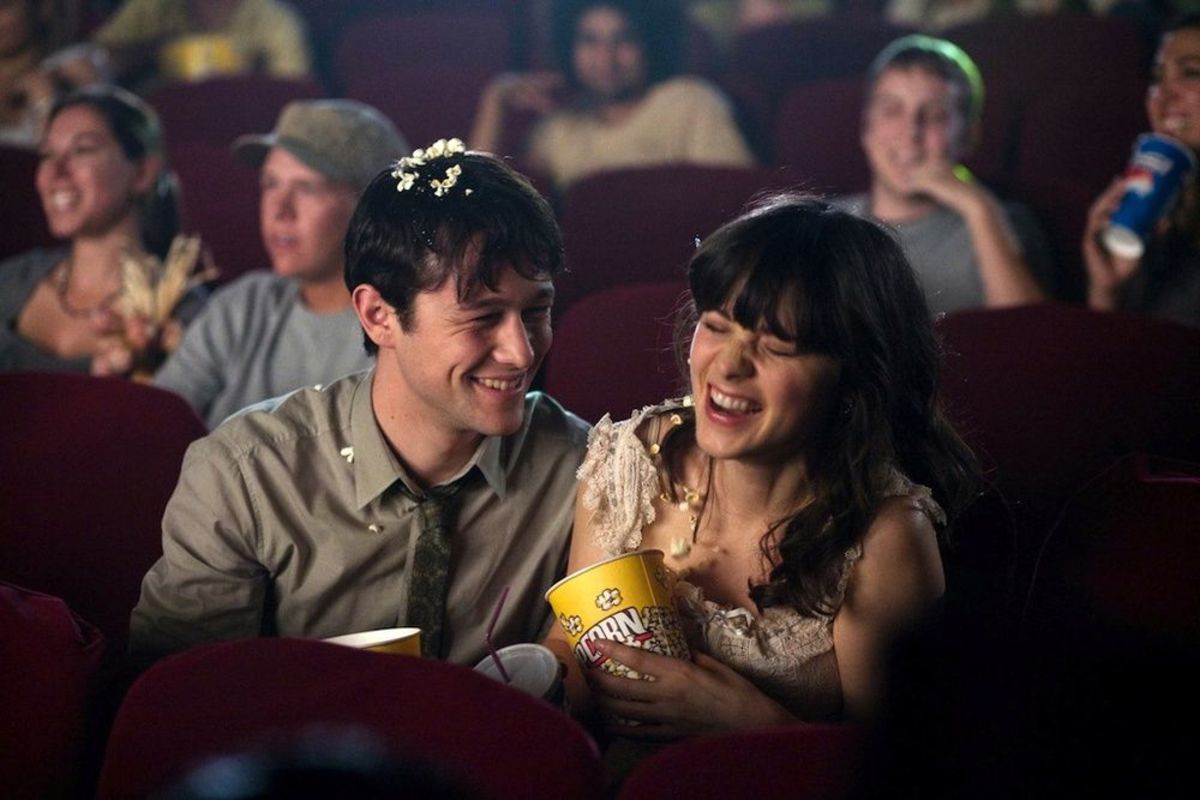The Romance Formula
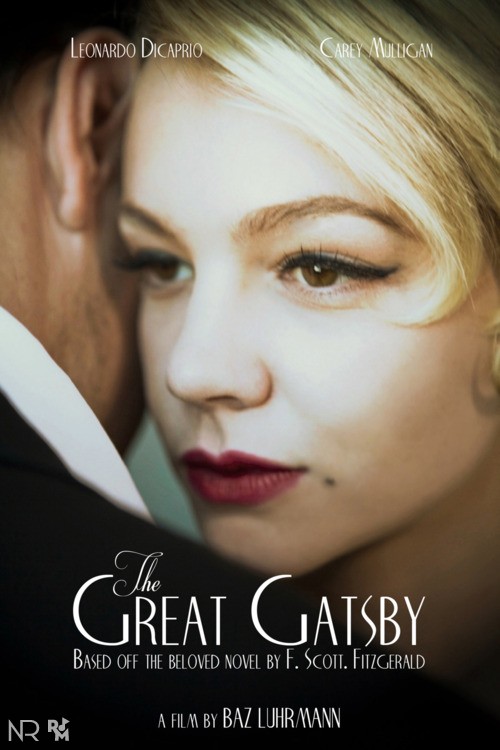
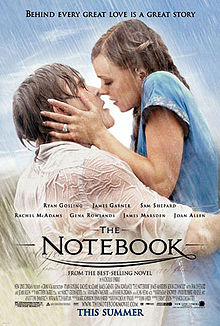
This isn’t a exactly a tough one: boy meets girl (or vice versa) and the next few pages are rife with nearly obscene circumstances that come between the boy and girl, causing them to either question themselves, the other person, or their love.
But is the whole thing flawed?
Whatever happened to the story that drives them? And I’m not merely speaking of the background of the characters, but their external motivation.
I know a lot of people probably won’t agree with this one, but 50 First Dates was romantic comedy perfection in my eyes. Not only was it hilarious, but there was the almost overstated (or understated, depends on who you are and how you look at it) agenda, that the main male character had to make the woman he’d inexplicably fallen for, fall for him every single day over and over again. Yes, the big picture was ridiculous, but you don’t have to think about it too hard for it to conjure up soft and fluffy feelings inside to see how this concept in itself can be romance gold. It was also the last good/funny Adam Sandler film in my opinion. It had heart, it had a unique plot, and most of all it hit all its marks flawlessly.
I love a good classic love story like The Great Gatsby, it’s one of my favorite books. But I love the torrid romances (or love triangles) of today that can be found within the pages of The Hunger Games and the Jenny Han Summer trilogies along on TV shows like The Vampire Diaries. A love story that was first found between the pages of a book that later became a movie that I think deserves to be hailed as a classic is The Notebook.
When I speak of the cliché of romance that I’ve dubbed The Romance Formula, I’m not speaking of the above titles. In my eyes those stories mentioned above go beyond the formula because they tell their own story, they go by their own set of rules, and best of all, these are stories that I know people have read over and over and have watched a number of times and haven’t gotten tired of them because they take you away to a world that you can’t fathom and that you can relate to all at once.
So what’s happened that’s made some of the most recent efforts lackluster? To be frank, many people have decided that actually telling a story has gotten old and they’ve begun to tell (or rather re-tell) stories that we’ve all heard before or endings that we can see coming a mile away. Most of the romantic comedies now try to give their characters a little layer of depth, set an obstacle or two in the way of them actually getting together, but in the end they do with much pretense.
And when that approach doesn’t really appeal, with the younger audience now it’s “insta-love/insta-luv”. Usually it’s a teenage girl that falls for a guy within the first pages of the novel and when he pulls away from her or rejects her she becomes a pathetic blubbering mess in which the author launches into an all-out tirade (a lot of times first person narration) about how she wants to die or feels like dying just because of the rejection. I guess that’s a message a lot of the 20-40 something year old female writers don’t mind sending their younger readers even though they know that this type of writing can’t be considered healthy.
I’d love to see the new Romance Formula thrown out and the old ways of writing come back into the forefront where you understand where the love is coming from and want to see where it goes. But since it’s easier to write catty weak idiotic women like in Bride Wars and pathetic girls like Bella Swan in Twilight, then we’ll probably end up seeing more stories like those than not. It’s disappointing, but it’s what’s popular now.
I suppose the same could be said about horror now as well. Same as it’s all about getting enough gore and blood splatter than worry about the story you’re trying to tell when you’re meant to be attempting to scare us a bit, the same could be said about our romances now. The lighting and the cupcakes have to be just right on set and the makeup and wardrobe people get to tell a story with their outfits, but the story is just utterly lacking.
Romances aren’t supposed to be about a formula. It’s supposed to be watching something unbelievable seem totally believable, and having it take place right there before your very eyes. Falling in love is unbelievable in and of itself. Some may even call it magical--and romances, whether between pages or on the screen, should reflect that. Without pretense.

